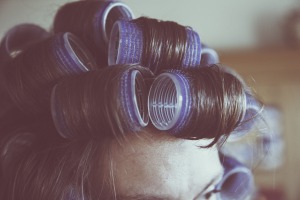The cosmetics company has announced a research partnership with French biotechnology company Poietis to print the small organs which produce hair. If successful, this could lead to the production of artificial hair for implant.
The process will utilise technology developed by Poietis which uses a type of laser printing for cell-based objects, the BBC reported. The company says it has already used the technique to create cartilage and other viable types of cell lines but never hair follicles.
According to Poietis Chief Executive, Fabien Guillemot, adapting it to create hair follicles will be challenging.
“It’s of the most complex objectives so far of all the bio-printing projects that we have created,” he told the BBC.
The technology involves successively layering micro-drops of bioinks using a quick scan by a laser beam, L’Oréal explained. “The living biological tissue created must then be matured for around 3 weeks before it can be used in tests.”
Despite the difficulties, both companies are confident the partnership will open up new opportunities in terms of both research and for regenerative medical purposes. L’Oréal already uses 3D printed skin for research purposes, and the hair produced by the created hair follicles could also be used for product development.
“For L’Oréal, the combination of our respective areas of expertise opens up the possibility of previously unheard of achievements in the field of hair. This research partnership is very stimulating for the Advanced Research teams,” José Cotovio, Director of Predictive Methods and Models department, L’Oréal Recherche & Innovation, said.
Fabien Guillemot, CEO and Chief Scientific Officer at Poietis, said of the venture: “We’re very proud to be working with L’Oréal. The fact that a world-renowned company is adopting our technology is a major step for Poietis.”
“Our partnership with L’Oréal should lead to the development of innovative applications in terms of tissue engineering,” added Bruno Brisson, General Manager and Chief Business Officer at the company.
According to a BBC report on the potential of the technology, the firms expect it will take at least three years to adapt the process.

